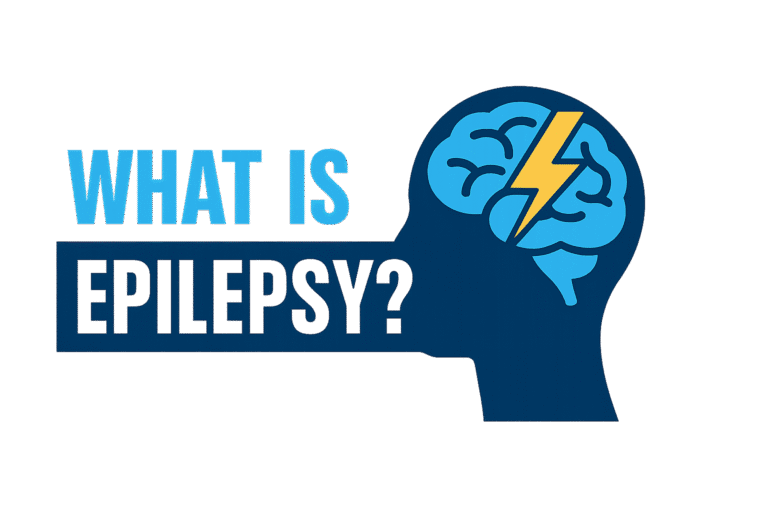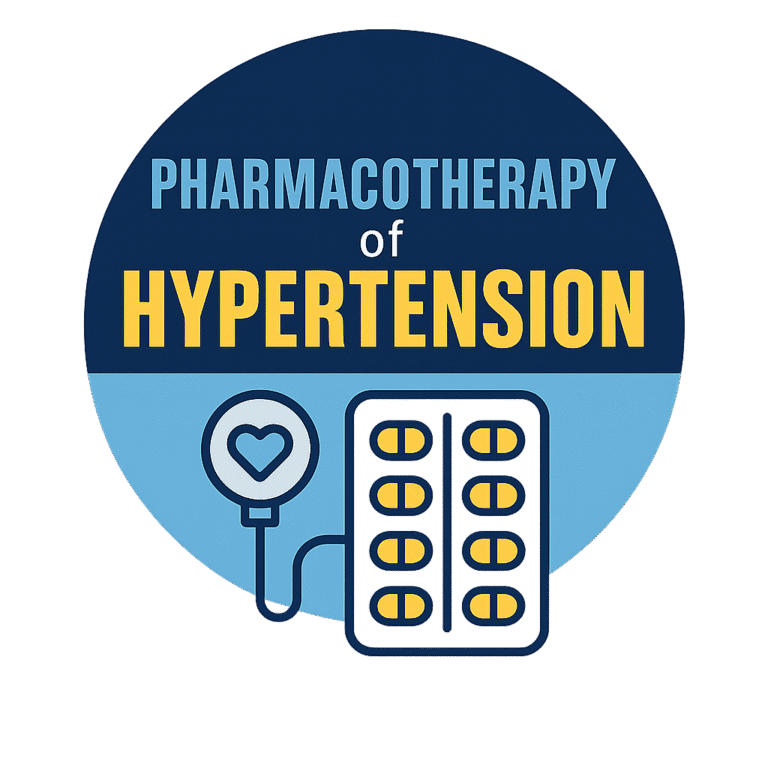Introduction: What Are SGLT2 Inhibitors?
SGLT2 inhibitors are a class of oral drugs used to lower blood sugar levels in people with type 2 diabetes. They work by blocking the sodium-glucose co-transporter 2 (SGLT2) in the kidneys, which reduces glucose reabsorption and increases glucose excretion in the urine.
This results in:
-
Lower blood glucose levels
-
Reduced body weight
-
Improved cardiovascular and kidney outcomes in certain patients
Examples of SGLT2 inhibitors are:
- Canagliflozin (brand name Invokana). It can also reduce the risk of heart and kidney problems in people with diabetes.
- Dapagliflozin (brand name Farxiga). It can also treat heart failure and chronic kidney disease.
- Empagliflozin (brand name Jardiance). It can also lower the risk of cardiovascular death in people with diabetes and heart disease.
- Ertugliflozin (brand name Steglatro). It can also improve blood pressure and weight loss.
- Bexagliflozin (brand name Brenzavvy). It is a new drug that has been approved in Japan and Korea
Mechanisms of Action of SGLT2 Inhibitors
SGLT2 inhibitors work by:
-
Blocking glucose reabsorption in the proximal renal tubules
-
Increasing urinary glucose excretion
-
Lowering plasma glucose levels independent of insulin
Additional benefits:
-
Lowering blood pressure
-
Promoting weight loss
-
Improving cardiovascular and renal outcomes in patients with type 2 diabetes

Indications
-
SGLT2 inhibitors are indicated for:
-
Type 2 diabetes mellitus (improving glycemic control)
-
Cardiovascular protection in patients with diabetes and heart disease
-
Chronic kidney disease (CKD) to slow progression
-
Heart failure (with or without diabetes) to improve outcomes
-

Contraindications and Precautions
SGLT2 inhibitors contraindication in people with:
- Severe renal impairment (eGFR <30 mL/min/1.73 m2), ESRD, or dialysis, as they are ineffective and may increase the risk of adverse events.
- Type 1 diabetes or diabetic ketoacidosis (DKA), as they may increase the risk of DKA, which can be life-threatening.
- A history of hypersensitivity or allergic reaction to any SGLT2 inhibitor or its ingredients.
SGLT2 inhibitors should be used with caution in people with:
- A history of urinary tract infections (UTIs) or genital infections, as they may increase the risk of these infections, which may require treatment with antibiotics.
- A history of volume depletion, hypotension, or orthostatic hypotension, as they may cause or worsen these conditions, especially at the start of treatment or when combined with other drugs that lower blood pressure.
- A history of lower limb amputation, peripheral arterial disease, or foot ulcers, as they may increase the risk of lower limb complications, such as gangrene or amputation.
- A history of fractures or osteoporosis, as they may increase the risk of bone loss and fractures, especially in older people or in people taking other drugs that affect bone health.
- A history of bladder cancer, as they may increase the risk of bladder cancer, although the evidence is inconclusive.
Interactions
- Diuretics (water pills) or drugs that lower blood pressure. These can increase the risk of dehydration, low blood pressure, or kidney problems when taken with SGLT2 inhibitors. You may need to adjust your dose or monitor your fluid intake and blood pressure more closely.
- Insulin or other drugs that lower blood sugar. These can increase the risk of low blood sugar (hypoglycemia) when taken with SGLT2 inhibitors. You may need to adjust your dose or monitor your blood sugar more frequently.
- Nonsteroidal anti-inflammatory drugs (NSAIDs) or aspirin. These can reduce kidney function or increase the risk of bleeding when taken with SGLT2 inhibitors. You may need to limit your use or avoid these drugs altogether.
- Alcohol: This can increase the risk of dehydration, low blood pressure, or ketoacidosis when taken with SGLT2 inhibitors. You should limit your alcohol intake or avoid it completely.
- Rifampin or phenytoin: These can reduce the blood levels and effectiveness of SGLT2 inhibitors. You may need to increase your dose or switch to a different drug.
Patient Education
- The benefits and risks of the treatment, and the need for regular monitoring of blood sugar, blood pressure, kidney function, and other parameters.
- The signs and symptoms of DKA, such as nausea, vomiting, abdominal pain, difficulty breathing, confusion, or fruity breath odor, and the need to seek immediate medical attention if they occur. Patients should also be advised to check their blood or urine ketones if they have these symptoms, or if they are sick, stressed, fasting, or have reduced oral intake.
- The signs and symptoms of UTIs or genital infections, such as burning, itching, discharge, odor, or pain, and the need to seek medical attention if they occur. Patients should also be advised to maintain good hygiene and drink plenty of fluids to prevent these infections.
- The signs and symptoms of volume depletion or hypotension, such as dizziness, lightheadedness, fainting, or weakness, and the need to drink enough fluids, especially in hot weather or during exercise. Patients should also be advised to stand up slowly and avoid alcohol or other drugs that lower blood pressure.
- The signs and symptoms of lower limb complications, such as pain, redness, swelling, warmth, or infection, and the need to seek medical attention if they occur. Patients should also be advised to take good care of their feet, check them regularly, and wear comfortable shoes.
- The signs and symptoms of fractures, such as pain, swelling, bruising, or deformity, and the need to seek medical attention if they occur. Patients should also be advised to take adequate calcium and vitamin D, and do weight-bearing exercises to maintain bone health.
Instructions on how to take SGLT2 inhibitors:
- The dose, frequency, and timing of the medication, and the need to follow the prescription and not to skip or double doses.
- The need to swallow the tablets whole with or without food, and not to crush, chew, or split them.
- The need to store the medication in a cool, dry place, away from heat, light, and moisture, and out of reach of children and pets.
- The need to tell their health care providers about all the medications, supplements, and herbal products they are taking, as some of them may interact with SGLT2 inhibitors and affect their effectiveness or safety.
- The need to report any side effects or problems they experience while taking SGLT2 inhibitors, and to ask for help if they have any questions or concerns about the treatment.
- Which tests measure iron deficiency anaemia?
- COVID-19 vaccines
- Test 1
- Empowering Well-Being: The Transformative Impact of SSRI Therapy
- Vitamin D





